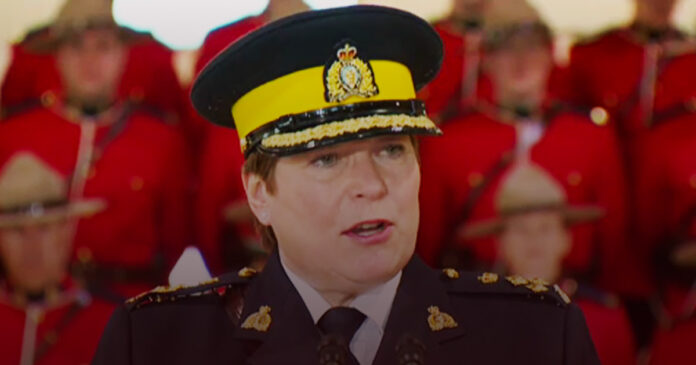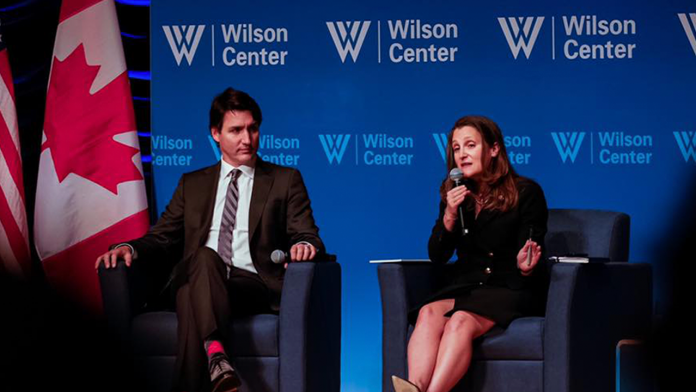A new Ipsos poll shows that 72% of Canadian households with kids are concerned about feeding their families due to the soaring cost of living driven by inflation.
Inflation reached a four-decade high last month with Statistics Canada reporting a rate of 7.7% on the consumer price index.
According to the Ipsos poll commissioned by Global News, 72% of parents said that they struggled to put food on the table.
On the other hand, 57% of households with no kids reported struggling with the same thing.
“Younger Canadians are looking at a situation that they haven’t seen in their lifetime,” said vice-president of public affairs at Ipsos Gregory Jack.
“You can see why all of this is kind of piling on all at the same time. This is a unique period in Canadian history. I mean, we haven’t had inflation this high in over 30 years.”
80% of households with children also said that they believe interest rates will accelerate beyond what they can deal with. Meanwhile, 92% of families believed that inflation will continue to make life less affordable.
When it comes to being able to afford a family summer holiday, 69% of those with kids said they might have to pass on their plans for this year while 52% of households without children reported the same.
“People who are a little bit more vulnerable or maybe have less money to combat the cost of inflation, this is a really stressful period … People are asking for raises and looking for their employer to help them through this difficult period,” said Jack.
As for salaries, 79% of Canadians are worried that what they’re making won’t keep up with the inflation rate.
According to recent data by the Fraser Institute, the Canadian government performed among the worst during the Covid-19 pandemic when it comes to debt accumulation.
Out of 33 developed countries, Canada took on the second-highest amount of debt. Additionally, the report found that debt accumulation did not translate into economic performance.
























